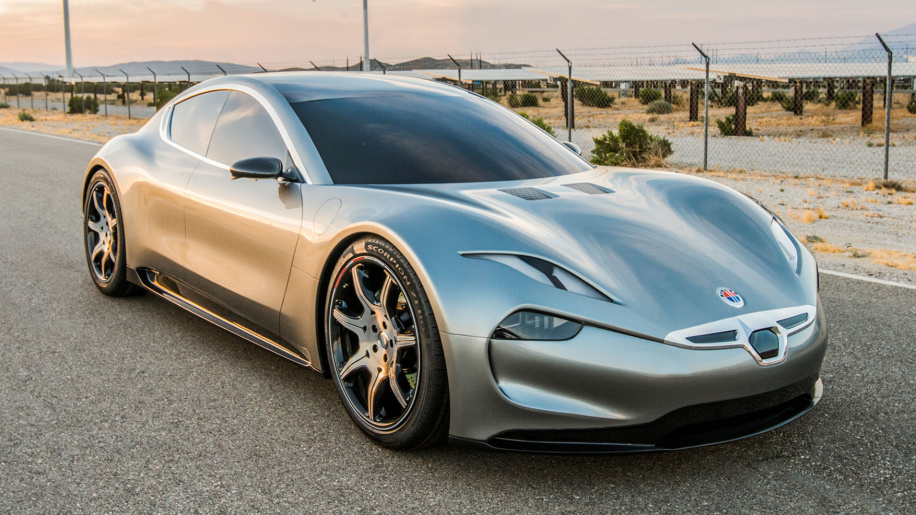By Jean-Jacques DeLisle, contributing writer
Most of the major technological advancements that have been made in the world of electric cars belong solely to Tesla, but someone has stepped forth to change this. According to Henrik Fisker, once a chief designer for Aston Martin and a former Tesla consultant, a new battery is about to revolutionize the way that electric cars will be powered. He offers a new design to batteries that could replace lithium-ion batteries for the electric cars of the future.

A new battery can revolutionize the way that electric vehicles will be powered. Image source: Fisker.
Fisker’s electric car company, Fisker, has filed a patent for a new type of car battery, a new form of a solid-state battery that, in theory, could hold 2.5 times the charge of a conventional battery. If that isn’t impressive enough, Fisker claims that these new batteries have the potential to charge in less than a minute and could allow an electric car to travel up to 500 miles on a single full charge. If what Fisker claims is true, these are game-changing advancements that could shake the world of electric cars forever.
A traditional lithium-ion battery uses an electric charge that is conducted through a liquid organic solvent between electrodes, producing an electric current. In the new solid-state batteries that Fisker has designed, that current is transported via a solid electrolyte. The use of a solid, rather than a liquid medium, in the batteries gives the solid-state batteries a multitude of advantages. Solid-state batteries are more stable and, therefore, much less likely to catch fire or corrode. They also barely degrade over time, meaning that they will not lose their charge and will last almost indefinitely. These solid-state batteries also offer a higher energy density than liquid batteries, allowing them to achieve a greater charge in even less occupied space. There do not seem to be any downsides to this form or solid energy storage.
In April 2008, Tesla Motors filed a lawsuit against Fisker alleging that they had agreed to a contract to gain access to Tesla’s design concepts and trade secrets. Fisker won the case, and Tesla ended up paying over $1 million in legal fees. And although the design and specifications for this new battery have yet to be released, it seems that we have some advancements to look forward to.
“This breakthrough marks the beginning of a new era in solid-state materials and manufacturing technologies,” said Dr. Fabio Albano, vice president of battery systems at Fisker Inc. “We are addressing all of the hurdles that solid-state batteries have encountered on the path to commercialization, such as performance in cold temperatures; the use of low cost and scalable manufacturing methods; and the ability to form bulk solid-state electrodes with significant thickness and high active material loadings.”
Though solid-state batteries are still in their infancy and not currently being mass-produced, if Fisker’s predictions on the power of these new batteries come true, we will be seeing them in cars on the road in as few as six years.
Advertisement
Learn more about Electronic Products Magazine





